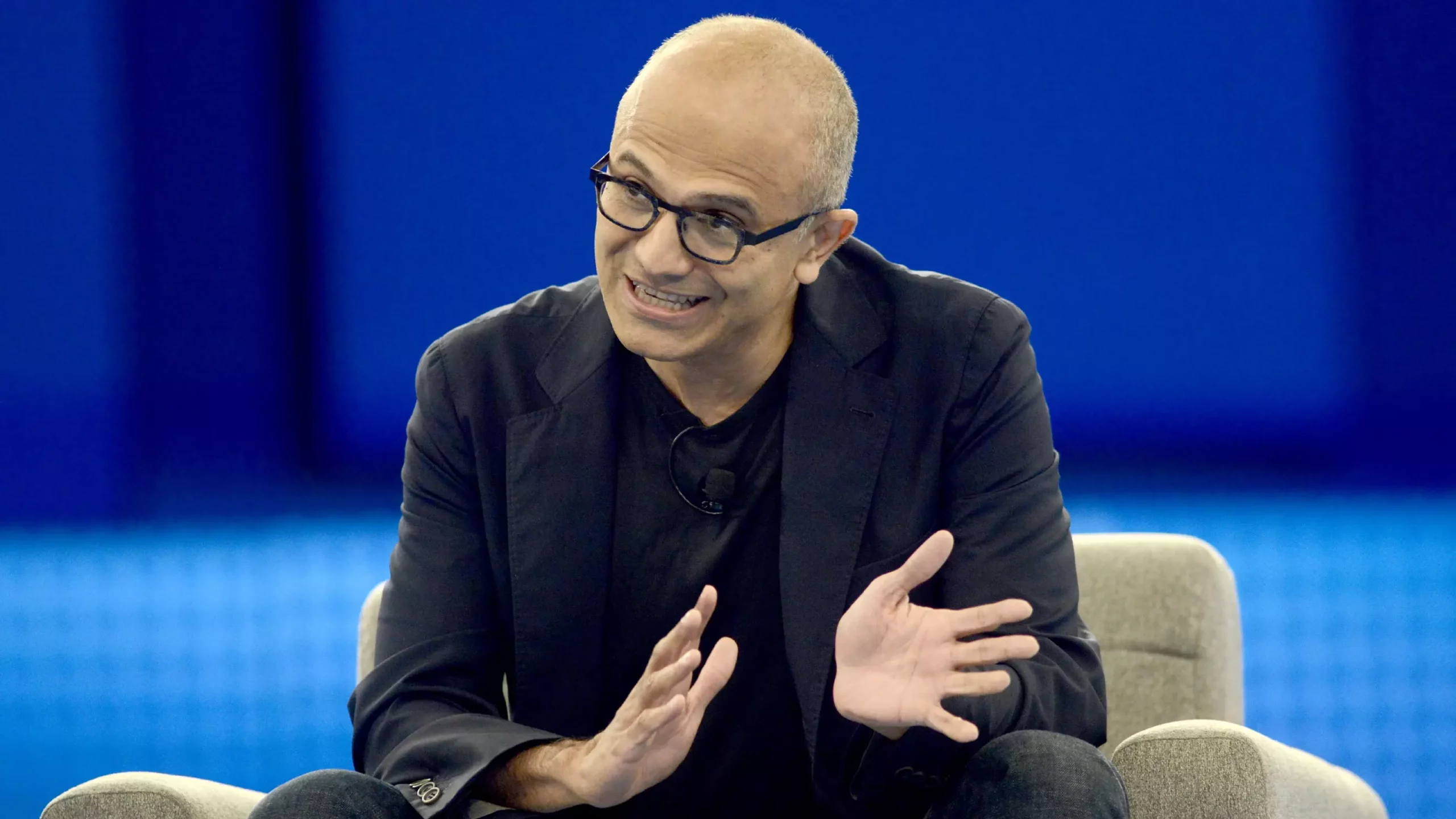In the rapidly evolving landscape of technology, the role of artificial intelligence (AI) in software development has sparked spirited debate among industry leaders. Recently, this conversation was amplified during an eye-opening fireside chat between Microsoft CEO Satya Nadella and Meta CEO Mark Zuckerberg at Llamacon. Nadella boldly asserted that a significant portion of Microsoft’s code—up to 30%—is now generated by AI, a claim that both astounded and unsettled many developers. As a writer who has only dabbled in coding through user-friendly platforms like Twine and Ink, I can’t help but feel a mix of awe and concern regarding this technological shift.
The ability of AI to generate code in various programming languages, as described by Nadella, presents a tantalizing vision of the future. He claimed to have observed impressive results in Python, although he acknowledged that generation in languages like C++ has room for improvement. While this may herald a new era of efficiency, it also begs critical questions about reliability and security in software development.
The Fuzzy Metrics of AI Coding
One of the most perplexing aspects of this burgeoning reliance on AI is the ambiguity surrounding what constitutes “AI-generated” code. Nadella’s figure of 30% is vague and could be subject to significant interpretation. Are we counting merely auto-completion features that assist programmers, or does this percentage reflect substantive, independently generated code that functions autonomously? The distinction is crucial when considering the broader implications of outsourcing critical coding tasks to AI.
Adding fuel to the fire, Microsoft’s CTO Kevin Scott made an audacious prediction that by 2030, a staggering 95% of the company’s code will be AI-generated. This statement is reminiscent of an optimistic technocrat’s dream but lacks a tangible action plan for ensuring quality control. Similarly, Sundar Pichai, CEO of Google, disclosed that AI currently contributes approximately 30% of code to his company’s projects. The alignment of these powerful industry players suggests a collective shift toward an AI-oriented future—but at what cost to the quality of software?
The Security Dilemma
The promises of AI-generated code are enticing, yet they are shrouded in a veil of uncertainty and potential risks. During the same event, Zuckerberg expressed hopes that AI could enhance the security of software applications. However, this optimism crashed into the realities highlighted in a recent study: AI systems can “hallucinate” functions and dependencies, producing erroneous or unsafe code. Such hallucinations can lead to debilitating security vulnerabilities, opening avenues for malicious actors to exploit systems through backdoors layered within the AI-generated code.
The tech giants’ faith in AI coding agents somewhat mirrors a casino gambler’s belief in luck—thrilling but fraught with peril. Can we genuinely expect that companies like Meta and Microsoft will implement robust checks on AI-generated code to mitigate the associated risks? The disparity between ambition and responsibility often leads to unexpected consequences, and this time, it could affect millions of users relying on secure applications.
Job Security and the Future of Coding
While the conversation is buzzing with excitement about AI’s capabilities, one pressing concern remains virtually unaddressed: the impact on jobs within the tech industry. Both Nadella and Zuckerberg expressed their enthusiastic visions for AI, yet they skirted the crucial question of how this shift might displace coder jobs across the industry. Can we truly expect a landscape where thousands of programmers may find themselves obsolete as AI takes over tasks they once executed?
Even the most optimistic scenario of AI integration—where human coders work alongside AI as partners rather than superseded employees—rests on shaky ground. The promise of AI is transformative, yet the implications for workforce displacement cannot be ignored. As the tech world gallops toward this brave new future, it is vital that leaders take a moment to contemplate not just the technology’s potential but also the human element entwined within that evolution.
The potential for AI to revolutionize coding is colossal, but it hinges on accountability, clarity, and ethical concerns that must be at the forefront of this budding paradigm shift. The fusion of creativity and technology is a thrilling prospect, yet it is imperative that we navigate these waters thoughtfully to safeguard the integrity of the digital world.


Leave a Reply